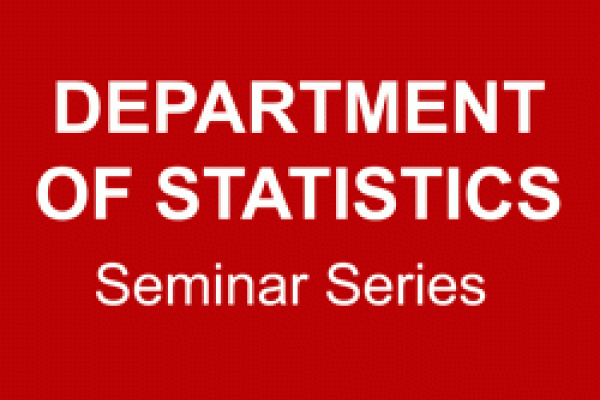
Title
Modeling Survival Data using Bayesian Random Effects Threshold Regression
Speaker
Michael Pennell, The Ohio State University
Abstract
In epidemiological and clinical studies, time to event data often violate the assumptions of Cox regression due to the presence of time-dependent covariate effects and unmeasured risk factors. An alternative approach, which does not require proportional hazards, is to use a first hitting time model which treats a subject's health status as a latent stochastic process that fails when it reaches a threshold value. Although more flexible than Cox regression, existing methods do not account for unmeasured covariates in the initial state and rate of the process. To address this issue, we propose a Bayesian methodology which models an individual's health status as a Wiener process with subject-specific initial state and drift. Posterior inference proceeds via an MCMC methodology with data augmentation steps to sample the final health status of censored observations. We apply our method to data from melanoma patients with nonproportional hazards and find interesting differences from a similar model without random effects. In a simulation study, we show that failure to account for unmeasured covariates can lead to inaccurate estimates of survival probabilities.
Meet the speaker in Room 212 Cockins Hall at 4:30 p.m. Refreshments will be served.
